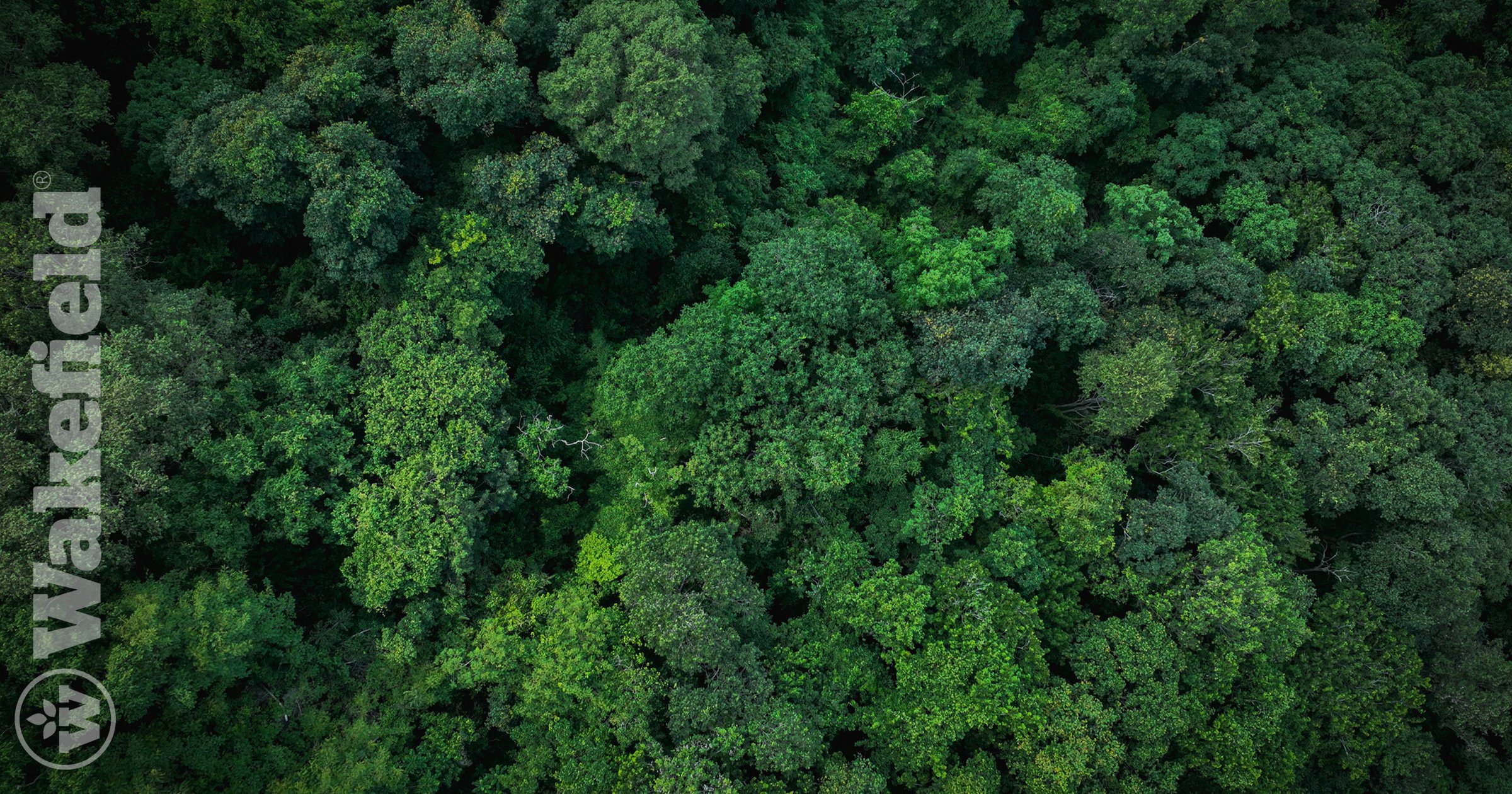Biochar Video Gallery – Learn About Biochar

Others are talking about biochar
The rich history of biochar, how it is made, its benefits to our agriculture, how it is made and how it also benefits our environment have been shared many times through TEDTalks and other presentations. Here are a few videos to help you learn more about terra preta.
Biochar – the future of sustainable agriculture: Lauren Hale at TEDxUCR
Lauren Hale graduated with a Bachelors of Science from North Carolina State University in 2007. During her time there she studied the use of bacteria to degrade pollutants such as gasoline additives and chlorinated solvents. In 2009 she began a Ph.D. program at the University of California, Riverside where she currently researches the suitability of biochar to deliver plant growth-promoting bacteria into agricultural soils. When she completes her Ph.D. she hopes to continue to work with biochar and beneficial microorganisms and microbial generated enzymes of environmental significance.
Biochar – Putting the carbon Genie back in the bottle: Rob Lerner at TEDxSanMiguelDeAllende (2013)
Rob Lerner is a biologist, environmentalist, and entrepreneur. A veteran of several start-ups, his business experience spans renewable energy, technology development, and other areas. He is a practicing sustainability advocate, green homebuilder, and biochar philanthropreneur, engaged in biochar project development in chosen hometown of San Miguel de Allende, and in sustainable agroforestry enterprises in Latin America.
Biochar – Water Holding Capacity Demo
Biochar has a lot of benefit for the soil. One in particular has been touted frequently — its ability to retain water. See this quick demonstration of how Wakefield Biochar immediately absorbs water. This is a great way to help your soil resist drought conditions as long as possible. If you are unfamiliar with biochar this is a great way to learn more about this completely organic solution to improving your garden, lawn, shrubs or any other planting.
Biochar – Pasture Trial
Biochar is being tested on a deep acid sandy soil on the Fleurieu Peninsula of SA. The biochar was broadcast 10cm below the soil surface prior to sowing Lucerne and Phalaris. Extensive soil and pasture measurements are being taken in order to determine if the biochar can improve soil water holding capacity, infiltration, pH nutrient and trace element status.
Biochar in Urban Farming – International Institute of St. Louis
See how biochar can be used to reclaim vacant lots and presumed unusable areas of urban communities to become a thriving urban garden to benefit the community. The International Institute of St. Louis worked with Wakefield Biochar to provide biochar for their urban farming project. Wakefield went onsite to interview Joel Walker, Senior Specialist, on how he views the benefits of biochar and the positive impact urban farming has in the world.
Impacts of Biochar Additions on Soil Microbial Processes and Nitrogen Cycling
Presented by: Kurt Spokas – USDA at ISTC’s 2010 Biochar Symposium





